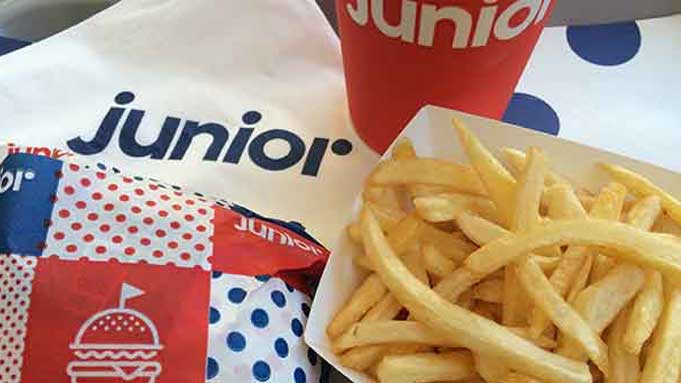Apart from being convenient and tasty, fast food has no real benefit to the millennial consumer. But, fine-dining at a sit-down establishment doesn’t come cheap – and they aren’t prepared to pay big bucks to eat. Industry analyst Bonnie Riggs noticed a trend that she predicts will continue to apply – and not just in the US.
“Traffic in the restaurant industry was negative for two years in a row, which we had never seen before. Quick service was flat; full service was flat.” So, while this information may leave you feeling like you have no options in investing in the food industry, there’s one option you may not have considered.
“Fast-casual was growing in the double digits even during the height of the recession,” says Riggs.
If you’re not sure about this concept, have a look at some local businesses that’ve made a success of their fast-casual eateries:
Fast, fresh and frugal
Two years ago, Wakaberry founders Michele and Ken Fourie opened up an eatery called Four15 in Durban – based on the fast-casual model, inspired by their US travels.
“Most of the restaurants that we frequented used this style of dining. It was really easy for us – having small children – to walk into a restaurant, order and pay for our food, and not have to wait for 20 minutes for someone to bring us our bill once we had eaten.”
The newness of the experience hasn’t deterred patrons from embracing the style of dining at the Fouries’ establishment. “It is something new and interesting, so people have been keen to try it out,” says Michele.
Takeaway this: Counter service saves time and is a family-friendly aspect of fast-casual dining.
Quality has never tasted this good

Meanwhile, in Cape Town, Junior is serving up fast food style burgers with a twist – brothers Hugo and Sascha Berolsky use fresh ingredients and combine counter service with a diner-type set-up. “People have been really into it,” says Hugo.
“We’ve had loads of return customers – we even have people who come every second day. I think South Africa has very much been waiting for a better quality of takeaway food.”
Takeaway this: In the words of Christian Faulconer, CEO of Franchise Foundry: “There is nothing wrong with doing something that has been done before as long as you innovate to make what you are doing better, faster, or cheaper.”
Build an entire meal – all of it
Emulating an American-style diner vibe, Brooklyn Brothers in Johannesburg saw a chance to bring the concept home and develop it for local patrons. “We saw a gap in the market for buffalo wings and decided to be the first in South Africa to make this our speciality. We also have burgers, ribs and other food offerings to add variety to our menu,” says Varina Singh, Marketing Support Specialist at Fournews, the company known for brands such Krispy Kreme, News Café, Moy and Smooch.
“We’ve noticed that South Africans like options when it comes to eating out. This is why offering a menu where you can create your own meal makes sense. This is the best part of fast-casual dining. It is not fast food but offers more of a restaurant standard with the benefit of quick service.”
Takeaway this: Sometimes customers want a little freedom in their meal choices. Telling them that additional ingredients will add to the price of a meal isn’t as appealing as letting them build their own meals for a fixed price.
If you’re not entirely convinced, take note that even the established restaurants have embraced the fast-casual trend, with steakhouse Spur launching its Grill & Go format in 2015 and Portuguese bistro Adega also introducing the concept with its Adega Express store.








